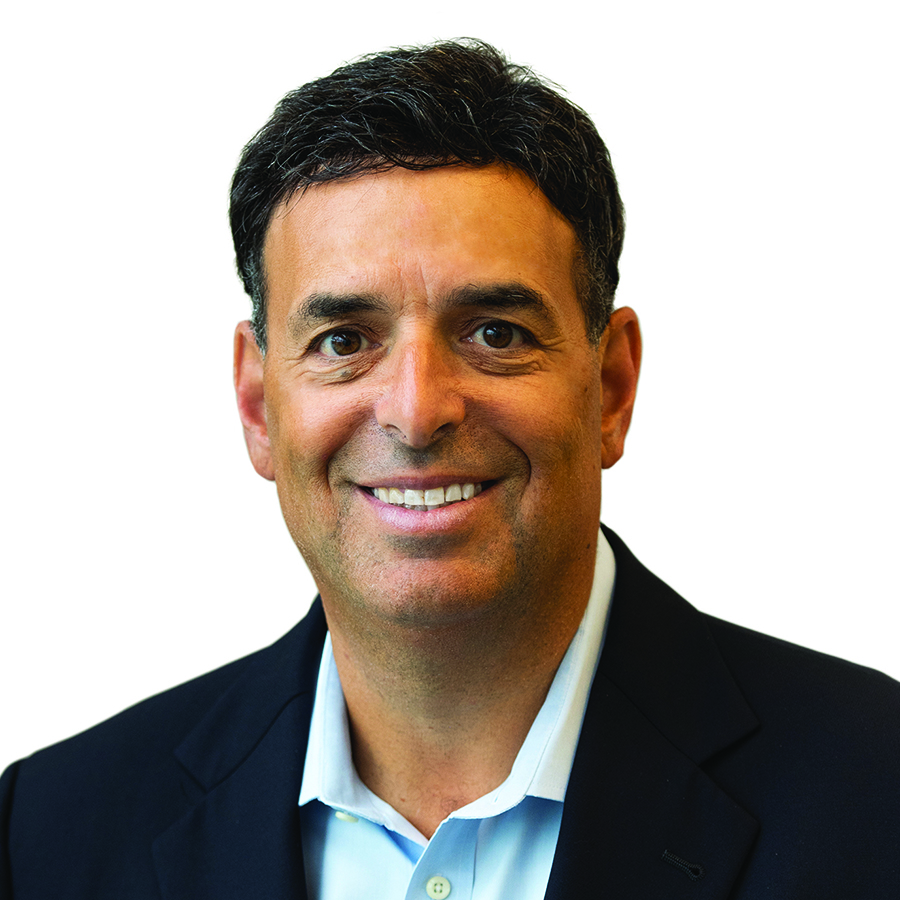The Great Recession officially ended in June 2009. But here at the magazine, we continued to hear business leaders talk about their setbacks from it well beyond then. And that’s not surprising. It was a massive, years-long struggle for many, and ruin for others. Jones Day reported that $7.3 trillion of stock market value was obliterated in 2008, and there were 64,318 U.S. business bankruptcies that year, compared to 28,322 in 2007.
By 2015, business owners we talked with seemed to have put the Great Recession squarely in their rearview mirror. They were looking forward again, focused on opportunity, complaining about taxes and encouraged by strong markets. Then, the pandemic happened.
Global M&A dealmaking in the fourth quarter of 2020 rose tremendously, to $1.2 trillion, a 49 percent increase compared to the same quarter the prior year. Dealmakers reported to us that, in many cases, sellers were exiting because they were tired, aging (more than half of U.S. business owners are ages 55 and older) and they didn’t want to fight again as they had during the recession. So they cashed in their chips.
Running a business can feel Sisyphean at times. And watching some companies get bailouts while others are left to claw their own way back up can make it seem as if the playing field is tilted. But I would argue that the fight is part of the fun.
Take Harland Sanders, for instance. At age 40, after years of failed jobs and business ventures, he began cooking fried chicken at the service station he owned. The meal became so popular, he converted the station to a restaurant that sat 150 people. The state’s governor took notice and made him an honorary colonel for his culinary contribution. But his success ended when a newly built interstate redirected traffic away from his restaurant.
Rather than give up, Sanders hit the road. At age 66, living off Social Security, he traveled from restaurant to restaurant convincing owners to let him cook their customers his chicken, sleeping in his car between appointments. He won over so many customers that he was able to franchise the concept. In seven years, he had more than 200 restaurants across the country serving what he branded as Kentucky Fried Chicken. He sold the business to investors a short time later.
Many of us run a business because we want to reap the rewards of our own ideas, our own hard work. That comes with a tradeoff: the worry and the full consequences of failure. But that anxiety is just the dizziness of freedom. Embrace the challenge, persevere and enjoy the ride, no matter how rough it gets at times. ●
Fred Koury is president and CEO of Smart Business Network Inc.

